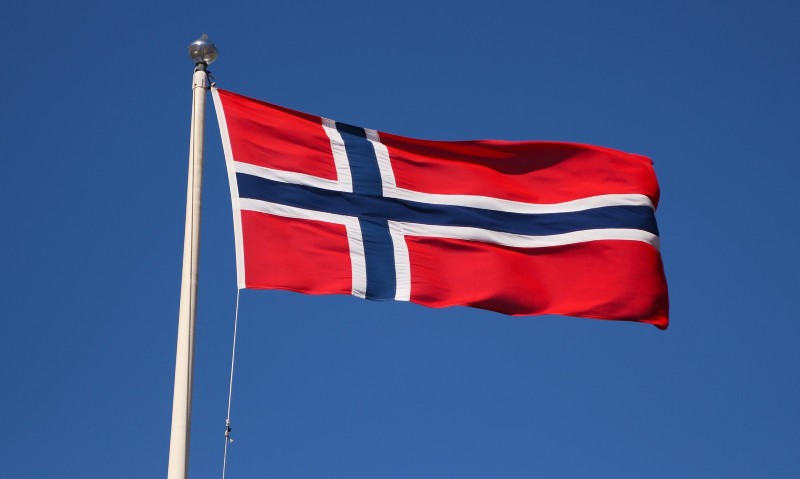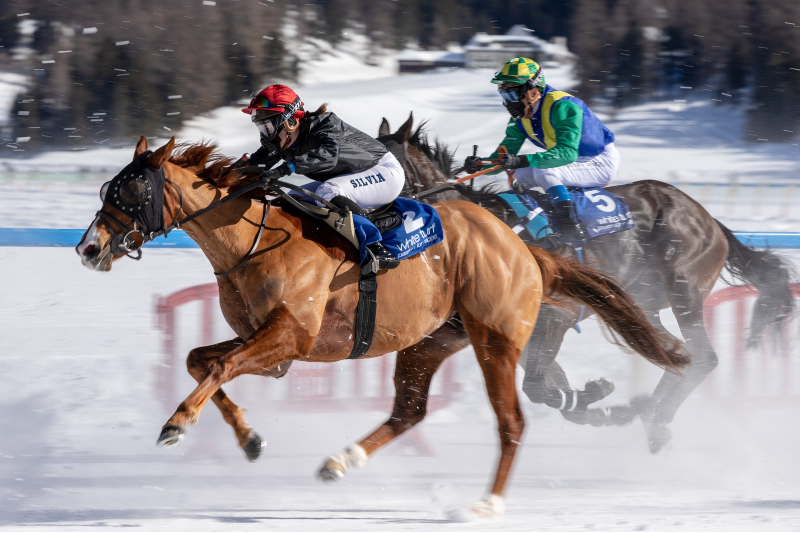Norway’s New Gambling Laws

Norway is famous for many things: from its stunning fjords and sweeping views of the Aurora Borealis to delectable seafood and famous figures like Roald Dahl. One thing that online casino fans may be aware of are Norway’s gambling laws, which are renowned for being among the most restrictive in Europe. Indeed, gambling is practically illegal in Norway, with only two providers entitled to operate casino services throughout the country. This near-monopoly has had some interesting effects on the gaming landscape in Norway, but that looks set to change with the introduction of new gambling laws on the horizon.
To date, gambling in Norway has been regulated by three separate, but complementary, laws – the Totalisator Act of 1927, the Gaming Scheme Act of 1992 and the Lottery Act of 1995. Each of these covers a different aspect of casino gaming, but both physical establishments and online providers are governed by the provisions of these laws. However, in recent years, efforts have been made to amend these laws and to unify them into a single act. Now, this new law, which would streamline the current acts and eliminate loopholes that have led to irregularities in the past, is ready for European approval and may signal the dawning of a new day for online casino operators in Norway. But what does this mean for players and for casino owners in the country? Read on to discover what may be in store with the passing of this ground-breaking new law.
Horse Racing – How Norway Manages Its Races

In order to understand the legal situation for online casinos in Norway, it is first necessary to look at how each of the three acts currently influences gambling in the country. The Totalisator Act, which was the first law in the country’s history to attempt to regulate the casino market, originally focused on the main interest for Norwegian gamblers at the time: horse racing. Of course, at the time of the law’s drafting, the idea of a casino online was unheard of – indeed the very idea of ‘online’ was still many decades away – so this law did not govern this kind of activity. However, horse racing was a popular past-time, so the government decided that this needed to be properly supervised.
The Totalisator Act states that betting on horse racing is only permitted when the provider is licenced for this purpose. In order for a casino or gambling operator to qualify for a licence, they must support horse-breeding activities, which was a way for the Norwegian government to ensure that only those who have a positive effect on the equestrian sector – and who had a vested interest in its success – would be able to operate within it. However, as of today, only a single organisation possesses a licence to accept bets on horse racing: Norsk Rikstoto. This has created a monopoly in this field, which has been criticised by many as eliminating competition and therefore impeding the quality of betting in this area. This is one criticism that gambling sector specialists are hoping will be addressed in the new legislation.
The Gaming Scheme Act and Gambling in Norway
As the popularity of gaming and casinos skyrocketed, the Norwegian government set out to protect its citizens and to ensure that all games are provided in a safe and responsible manner. Undesirable gaming activity, such as fraudulent operators and gambling addiction, was to be eliminated by means of strict legislation. With this in mind, 1992 saw the government introduce the Gaming Scheme Act.
Since many people were gambling at unauthorised establishments during this time, fraud was common and many people lost significant amounts of money playing at untrustworthy set-ups. In order to protect consumers, the Gaming Scheme Act decreed that only authorised and licenced operators could provide betting services in Norway. Holders of such a licence are exclusively permitted to operate gambling activities – whether this is a physical or online casino – related to sporting events and other competitions that are not covered by any other act. Since the previously mentioned Totalisator Act was already in force in 1992, this means that horse-racing events are not within the remit of this new law.
However, once again, the Gaming Scheme Act resulted in a monopoly, with Norsk Tipping currently holding the only valid licence to provide gambling services in Norway. Similar criticism was also levied at the act, which strips consumers of their choice and, by doing so, potentially raises prices and lowers the quality of gambling conditions in the country. This may be the impetus behind the new legislation, which will hopefully overhaul the existing structures to ensure better quality moving forward.
The Role of the Lottery Act
In many ways, the Lottery Act is a counterpart to the Gaming Schemes Act and its arrival three years after that act signalled the final chapter in Norway’s trifecta of laws to govern the betting sector. Still unconvinced that its citizens were appropriately protected against fraud and inappropriate behaviour on the part of gambling operators, the Norwegian government decided to close what it deemed to be a significant loophole: the lack of laws to govern lotteries.
Indeed, the Gaming Schemes Act remained silent on the issue of lotteries, so further legislation was needed. The Lottery Act, which follows a similar structure to its predecessor, states that only licenced operators are entitled to provide lottery services in Norway, thus ensuring that only those who are deemed to meet the rigorous standards set by the Norwegian government can do so. By this point, however, those in power had realised that the gambling sector presented a potentially fruitful source of income, and that this money could serve important purposes in local communities and throughout the nation. In light of this, the Lottery Act declares that licences will be granted primarily to companies that serve a humanitarian or socially beneficial purpose. For the third time, this resulted in a monopoly situation, with Norsk Tipping – who also hold the sole licence under the Gaming Schemes Act – receiving the only licence to operating lottery games in Norway to date.

How do these three laws impact Norway today?
Now that we understand what each of the three laws that currently govern casinos and online casinos in Norway do, let’s take a look at how these actually influence gambling in the country in practical terms.
For starters, as we have already noted, two companies have monopoly power over different sectors of the country’s gambling market: Norsk Rikstoto and Norsk Tipping. Of course, we know that monopolies often have an undesirable effect on an industry, since the lack of competition leaves no impetus for improvement or innovation. Indeed, this has been one of the most roundly criticised aspects of Norwegian gambling law as it is today. While the acts introduced by the Norwegian government intended to protect consumers, they instead created a situation in which two companies hold all of the power and can dictate the services provided to the public.
This is not the only criticism directed at these laws, though. Many have pointed out that a large number of Norwegians still play at a casino online that is not based in Norway and, therefore, not governed by the nation’s laws. As the laws were drafted before the advent of online casino gaming, and not sufficiently amended and updated to keep abreast of changes in the gaming landscape, many have suggested that they are out-of-date and no longer able to protect consumers in the age of online gambling. With more Norwegians than ever playing at an unregulated casino online, this is an issue that needs to be addressed. But what exactly will the new law do to improve the current standing of casinos in Norway?
What will change with Norway’s new gambling legislation?
While criticism has persisted and many have lobbied for a radical overhaul of Norway’s gambling laws, it is surprising to find that the current proposal before the European Commission seems to maintain the status quo in many respects. The largest change is the streamlining of the three existing acts into a single law.
However, there are changes that aim to improve the situation for gamblers in Norway. For example, the two existing providers will now be subject to additional controls from the government, particularly in terms of discouraging unhealthy gambling practices and preventing crime linked to gambling (money laundering, fraud, etc.). Perhaps the most important change, however, is that some non-profit organisations will be able to offer low-turnover games akin to a casino. Bonus casino operators means greater competition, which in turn leads to more freedom of choice and more incentive for the large operators to improve their services. Finally, marketing of gambling services and features (casino bonus prizes, etc.) will be permitted on a limited basis, but must comply with standards to ensure that it is responsibly done.
While the new laws may not break up the existing monopoly, we are seeing steps towards more market freedom in Norway. Where it goes from here, though, remains to be seen.

